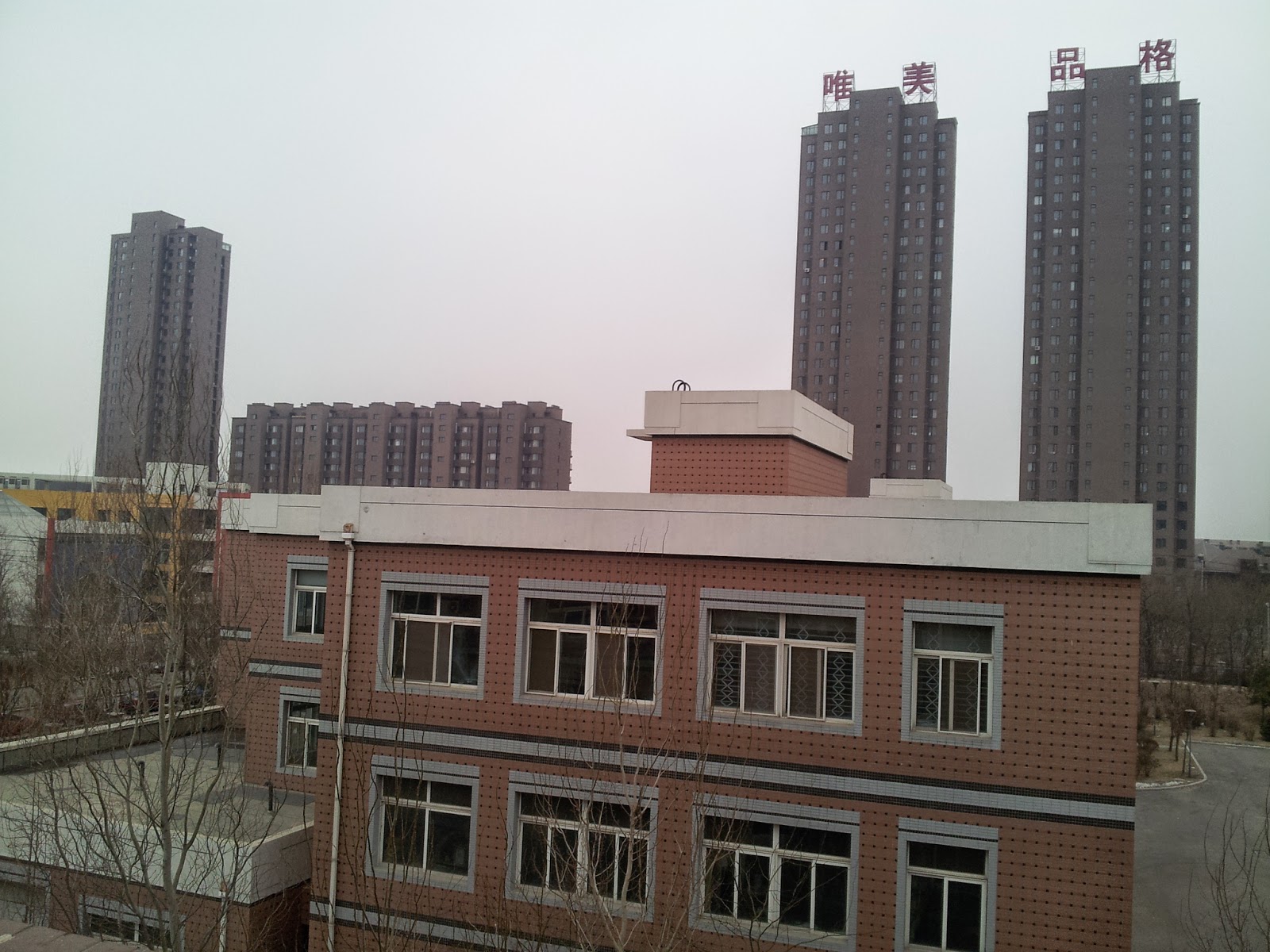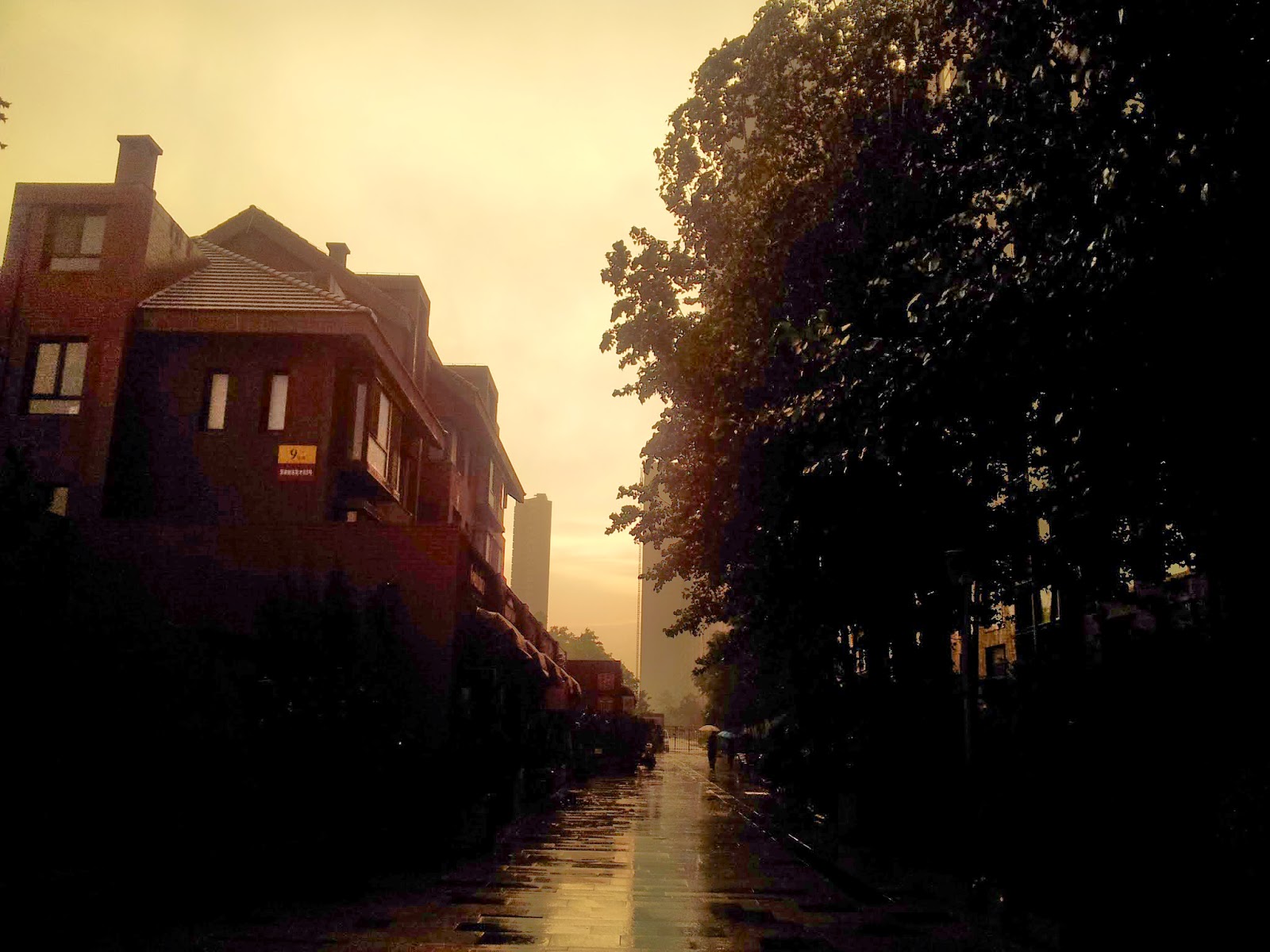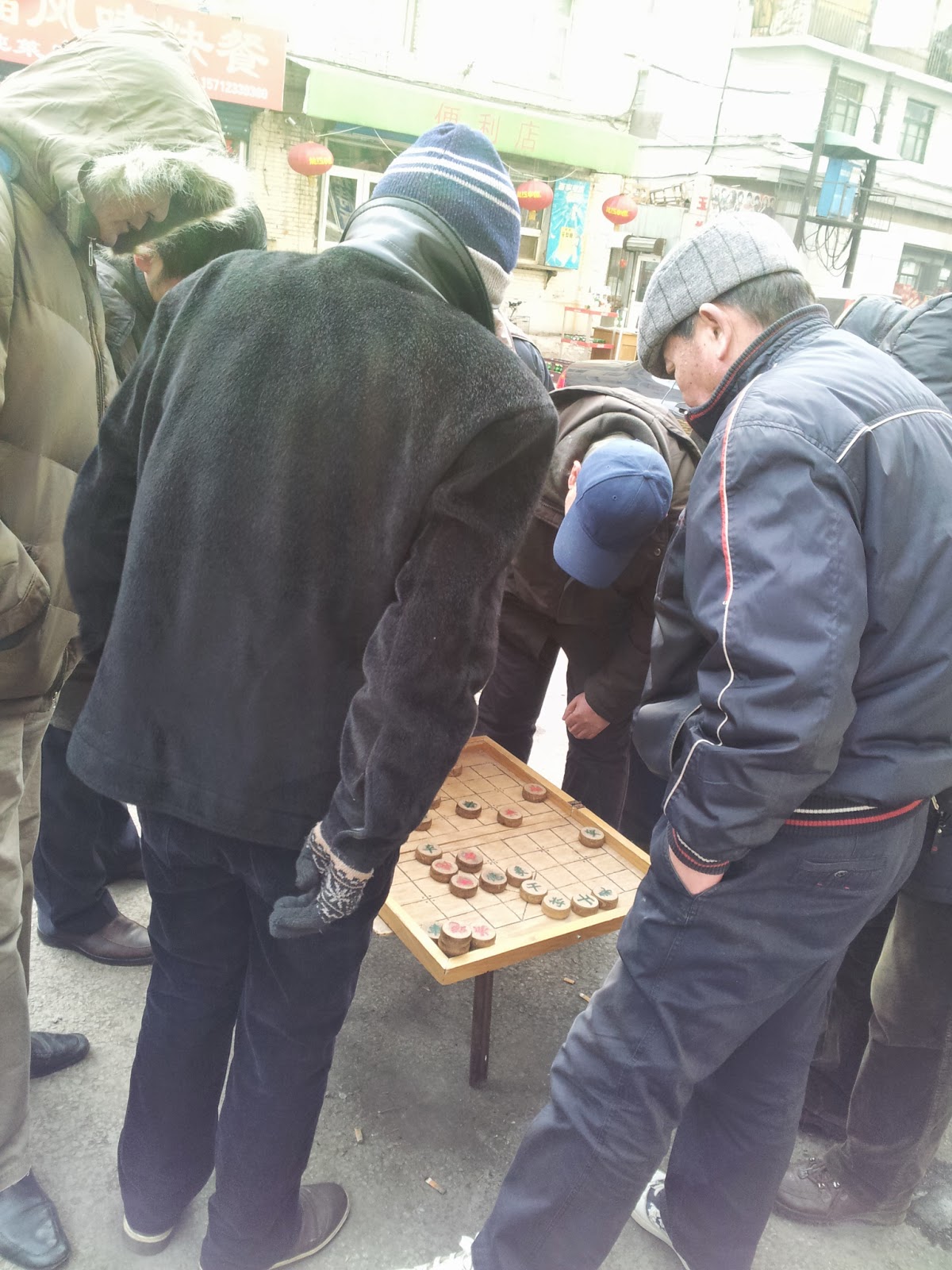Cannes is rarely unpredictable on the surface, certain names regularly crop up in main competition. I will make a few predictions on the likely receptions the films in the main competition will receive, followed by some films that I am excited about, or shake up Cannes to an extent.
Now, to the ones that have something exciting about them:
Palme d'Or
Winter Sleep - Nuri Bilge Ceylan
Perhaps the most likely winner of the Palme d'Or, Ceylan has been one of the most exciting directors that Cannes seemed to have plucked from nowhere for a long time. Ceylan has won awards at Cannes regularly, including with his last feature, Once Upon a Time in Anatolia, and as long as it isn't below par (Three Monkeys being the only slightly poor feature out his current six features), Cannes look likely to reward him for his whole filmography. Will receive criticism in some parts who complain it is too slow and long, coming in at 196 minutes.
Mommy - Xavier Dolan
Timbuktu - Abderrahmane Sissako
The token African film that is starting to become a regular feature in main competition, and will receive absolutely nothing in terms of awards, and more than likely receive little attention in the press. However, although even if it is a token gesture, Cannes need to be congratulated for forcing this into the mainstream. Sissako does have a track record in film festivals, as well as links with France, which helps ease him into acceptance with Cannes. Sadly though, this will be the most ignored film in the main competition.
Un Certain Regard
Lost River - Ryan Gosling
Sadly changed its name from How to Catch a Monster. Has an extremely interesting premise. I would normally be weary of big name Hollywood actors being entered into Un Certain Regard, believing it is likely purely for the chance of another star name at Cannes, while also being able to hide the film if it is poor, however Gosling has a good track record with directors he has worked with, and hopefully some of it will rub off.
Snow in Paradise - Andrew Hulme
The one British director to come out of nowhere really into Cannes, it is fair to say there really is no idea of how this will turn out. Hulme has worked as an editor on a fair number of big films in the past, including the well received films of Anton Corbijn. The slow, steady pace of Corbijn is likely to follow through with Hulme's work.
Fantasia - Wang Chao
Has previously won Un Certain Regard, and is likely to be among the favourites again. Sadly Chinese cinema is under-represented this year. Hopefully however, this will make a strong impression on the jury.
Others
The Rover - David Michod
Suprising that The Rover was not up for the Palme d'Or, however still extremely likely that recieve positive reviews. Interesting to see what step Michod makes after the universal acclaim for his debut, Animal Kingdom.
Whiplash - Damien Chazelle
Catch Me Daddy - Daniel Wolfe
Very little is known about this feature, however the work of his previous shorts suggests that Wolfe may become a big name in cinema in the future.








